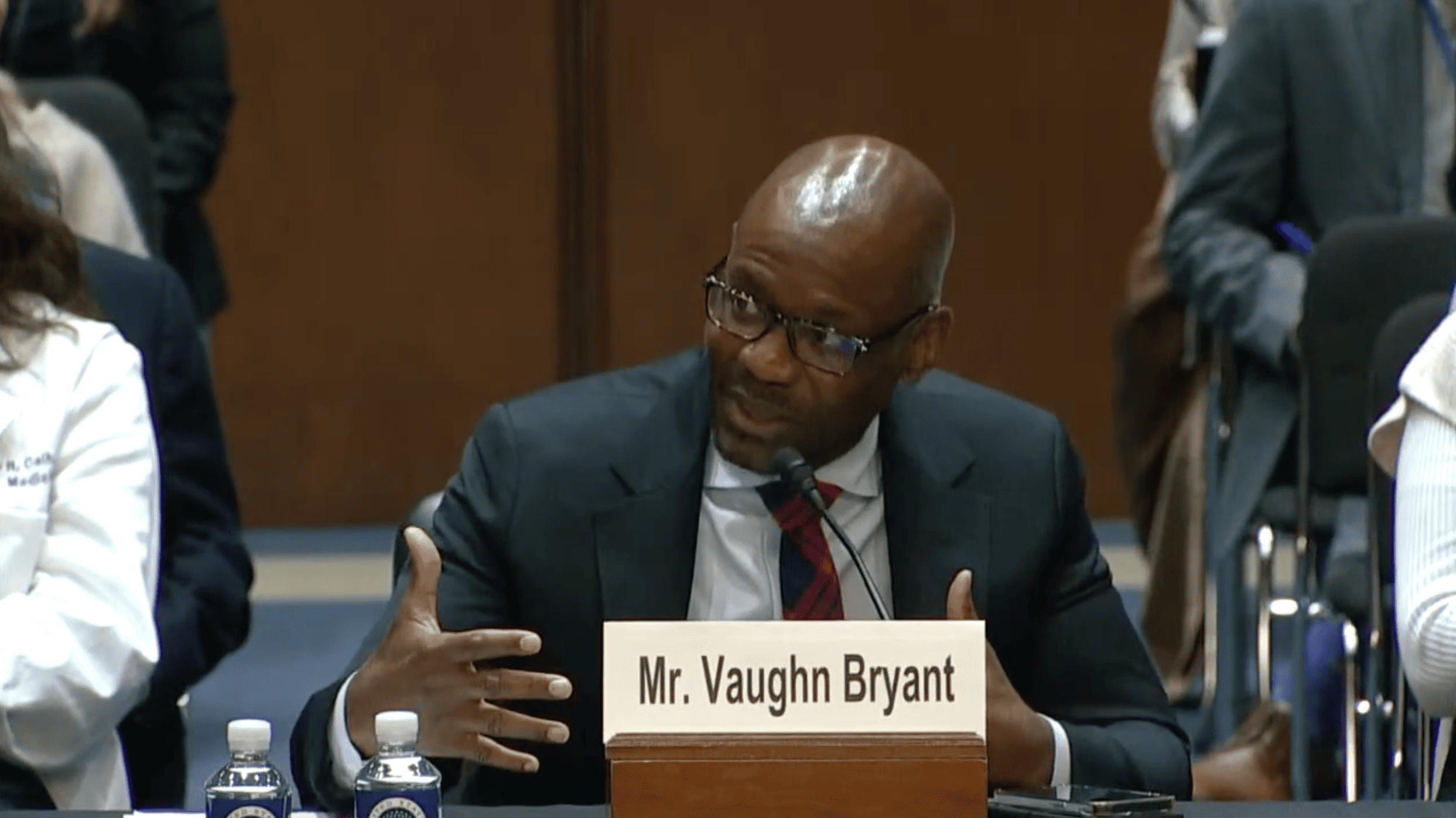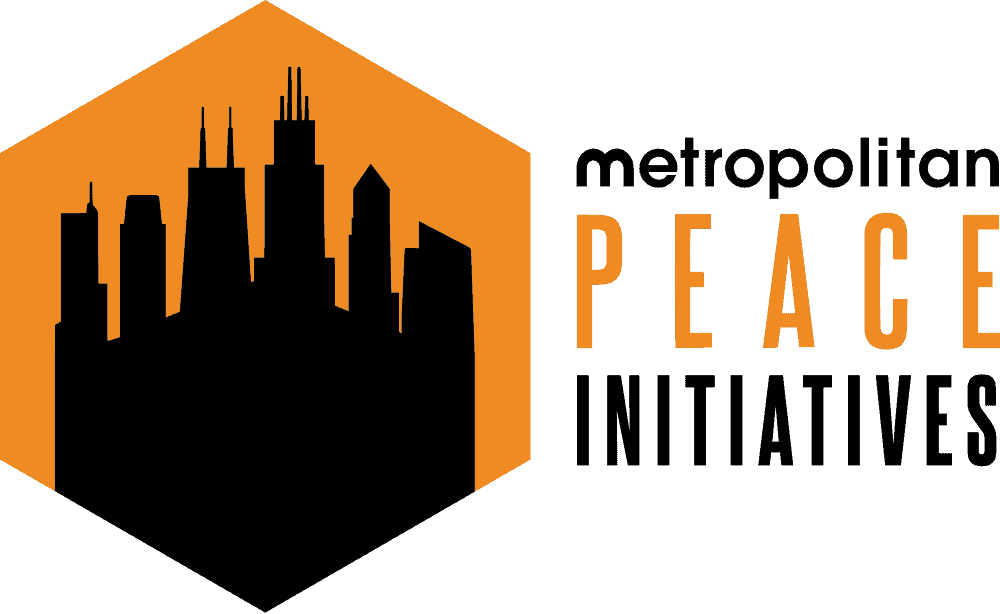WATCH: U.S. Senate Judiciary Committee Holds Committee Hearing on Gun Violence Epidemic

Metropolitan Peace Initiatives (MPI) Executive Director Vaughn Bryant recently testified before the U.S. Senate Judiciary Committee for a hearing entitled “The Gun Violence Epidemic: A Public Health Crisis.” Bryant, along with other policy experts in Washington, D.C., spoke to the rise and devastating destruction of gun violence, while also highlighting public health initiatives that have been created to save lives.
“It is my privilege to introduce you to the Metropolitan Peace Initiatives (MPI), which coordinates, supports and sustains a cross-agency community safety infrastructure, made up of local community-based organizations rooted in the neighborhoods hardest hit by gun violence in the city of Chicago,” said Bryant.
Speakers included University of Chicago Medicine’s Director of Violence Recovery Program Dr. Franklin N. Cosey-Gay, Yale School of Public Health Dean Dr. Megan L. Ranney, retired Associate Deputy Attorney General Steven H. Cook, and Edwin Meese III Center for Legal and Judicial Studies Senior Legal Fellow Amy Swearer.
Senator Dick Durbin led the hearing, delivering staggering statistics from a country in crisis. In 2022, there were more than 48,000 firearm-related deaths in the United States, or approximately 132 Americans who died from gun violence per day. While Durbin has done his part in helping to curb the gun violence epidemic—from aiding in the passage of the Bipartisan Safer Communities Act which was later signed by President Biden to securing $800,000 in earmark funding for the expansion of the Metropolitan Peace Academy—he recognized there’s still far more work to be done.
“Chicago faces the same challenges as many other cities and towns. In fact, many rural areas have higher rates of gun violence than the urban areas,” Durbin said. “Across the country, gun violence is a public health epidemic, plain and simple.”
Durbin urged lawmakers to approach the crisis as they would any other: by identifying the issues and treating the root causes.
“Collecting data, identifying trends, developing strategies to prevent harm, reducing risk, and sharing these practices—this is how we combat an epidemic. It’s worked in the past,” Durbin said. “We used the same public health approach to dramatically cut automobile fatalities. We still drive where we need to go, but we have seat belts and speed limits that get us there alive. Public health experts are already working to address gun violence in real-time.”
Bryant echoed these strategies by specifically speaking to the structure and impact of MPI, which came together after the killing of Laquan McDonald in 2015 and the spike in gun violence around Chicago in 2016. In 2017, local leaders established Communities Partnering 4 Peace (CP4P), convened by MPI, in an effort to reduce gun violence in nine of the city’s most violent communities.
Today, CP4P is made up of 13 community-based organizations focused on gun violence prevention across 27 Chicago neighborhoods. Its community violence intervention (CVI) services include: intervention by trained street outreach workers, case management services, victim services, and community-based events aimed at reclaiming public spaces (also known as “Light in the Night“).
Bryant went on to highlight the impact of CP4P’s work in Chicago from July 2017 to December 2021 and stressed the need for federal funding to combat this public health crisis across the nation.
“CP4P’s work resulted in 383 fewer homicides and non-fatal shootings than would have been expected without CP4P. CP4P’s street outreach efforts are making communities safer and saving lives,” Bryant said.
“As you consider ways the federal government can address issues of gun violence, sustainable federal funding that brings violence prevention to scale must be part of the solution.”
Watch the full committee hearing below.
Video courtesy of C-SPAN
